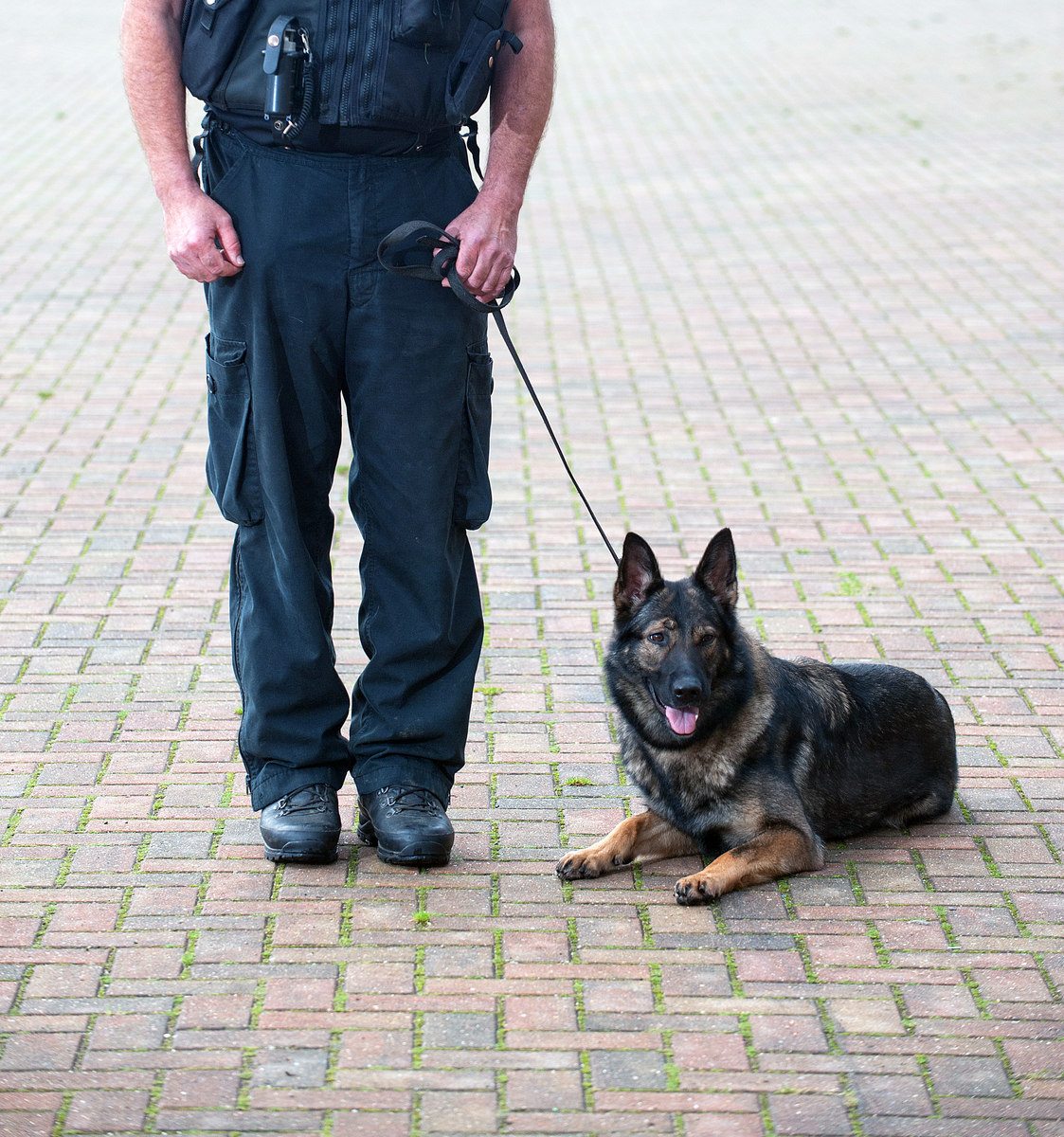Harsher sentences for people who attack police animals
CRIMINALS could get stiffer sentences for attacking police dogs or horses after the Sentencing Council published new Guidelines on animal cruelty offences covered by the Animal Welfare Act 2006.
The new sentencing guidelines now include the need for Magistrates to consider whether the attack in question was on an “animal being used in public service”.
The move follows an attack on Hertfordshire Police dog Finn, who was stabbed in the chest and head as he held a suspect in an alleged armed robbery on a taxi driver in Stevenage.
The case hit national headlines and the move for “Finn’s law”, led by his handler PC Dave Wardell was begun.
It included a Parliamentary debate on the issue.
Announcing the changes, Police Minister Brandon Lewis said: “Police support animals such as PD Finn make an invaluable contribution in the detection and prevention of crime and in maintaining public safety.
“It is important to say that assaults on police animals can already lead to criminal convictions and prison terms of up to 10 years.
“However, as I said during the Parliamentary debate, I wanted to explore with my Ministerial colleagues and police leaders if there was appropriate action we could take. I undertook to write to all concerned and instructed Home Office officials to look into it further to find out if there was more that the law should do to protect police animals and everyone who works with them.
“I am very pleased to say that following on from the debate and the conversations I have had, the Sentencing Council has now published new Magistrates’ Court Sentencing Guidelines on animal cruelty offences covered by the Animal Welfare Act 2006. The new guidelines include, as a specific aggravating factor, attacks against an “animal being used in public service or as an assistance dog” that will increase the seriousness of such an offence.
“This is important. It means that an attack on a police dog like PD Finn could lead to the perpetrators receiving more significant sentences under animal welfare legislation than before.
“I think this rightly reflects the vital work that these animals do and their value to the public.”

